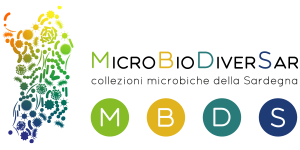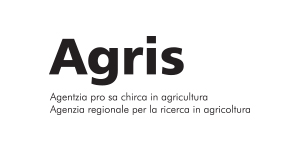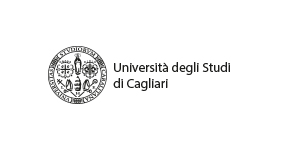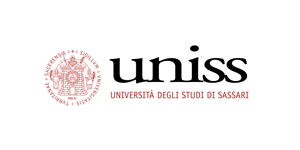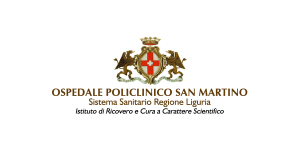UNISS – Dept of Agricultural Sciences, University of Sassari

The University of Sassari (UNISS) is a medium-sized State University, headquartered in Sassari with a population of about 12,000 students across four campuses located in Sassari, Olbia, Nuoro and Oristano. With more than 600 scholars the educational offer of the University of Sassari is wide and varied including Bachelor’s degrees, Master’s degrees and single cycle Master’s degrees, which include six international courses, specialization and PhD courses. Research is one of the core activities of the University of Sassari that through its ten Departments develops subject-specific and cross-sector projects at local, National, and International levels. The University of Sassari takes part to MIRRI-IT JRU consortium.
The Departments of AGRARIA and of Veterinary Medicine host two microbial Culture Collections. The one of the Department of Agriculture is curated by the research groups of Applied Microbiology and Biotechnology (AMB) and Plant Protection. The staff of AMB works on yeast and bacteria biodiversity and biotechnology. Research topics regard the selection of starters for food and beverages industry; the study of microbial interactions and the production of natural antimicrobials; the biotechnological production of primary and secondary metabolites; the management and exploitation of microbial biofilms. Based on this expertise the culture collection of AMB consists of yeasts and bacteria isolated from different food matrices in Sardinia.
The Laboratory of AMB provides services for agro-food companies and is involved in technological transfer and dissemination of the results obtained from fundamental and applied research. The main lines of research of the group of phytopathology are: research and development of biological microorganisms combating phytopathogenic fungi; development of molecular techniques for characterization of antagonists and plant pathogen microorganisms; molecular and physiological aspects of the plant-pathogen interaction.
Expertise offered:
Key persons for the microbial collection:
- Prof Marilena Budroni
Scientific Supervisor of the project for the University of Sassari, Head of the collections, Member of the Scientific Committee of MIRRI-IT.
mbudroni@uniss.it - Prof Ilaria Mannazzu
Member of the General Assembly of MIRRI-IT.
imannazzu@uniss.it - Prof Virgilio Balmas
Curator of the collection.
balmas@uniss.it - Prof Severino Zara
szara@uniss.it - Dr Giacomo Zara
gzara@uniss.it - Dr Chiara Multineddu
Curator of the collection.
cmulti@uniss.it - Dr Angela Bianco
Curator of the collection.
abianco@uniss.it - Dr Safa Oufensou
soufensou@uniss.it
